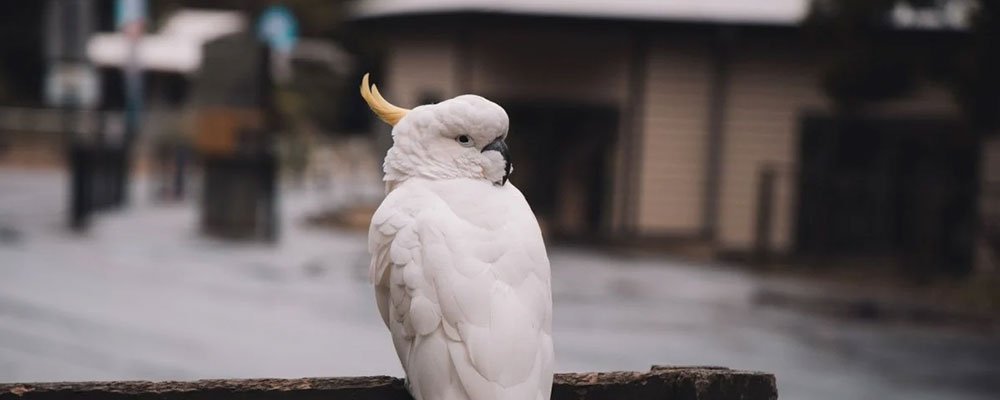
What Are Cockatoos? Facts About Cockatoos
Where are cockatoos originally from?
Cockatoos originates from Australasia and South-East Asia and are distinguished by the possession of erectile crest feathers on their heads, displayed under voluntary control in response to emotions such as fear, excitement, aggression or territorial display. Unlike all other parrot species, they have absolutely no blue or green colouration in their plumage.
How many different types of cockatoos are there?
Broadly, there are two groups as follows: the black cockatoos and the white cockatoos. There are also rarer pink and grey roseate cockatoos as well.
What are black cockatoos?
The black cockatoos include the red-tailed black, the white-tailed black, the yellow-tailed black, and the glossy cockatoo. All black cockatoos have short crest feathers with long, rounded tails and stocky powerful beaks. The male black cockatoos have the colours in the tail that give each species its name, while females tend to be duller and with some spotting of body feathers.
Generally speaking, black cockatoos are up to 65cm long and have a small area of naked skin around the eyes can become quite nodular in appearance and deep pink in colour. The beak is comparatively small, and is grey or horn-coloured.
Black cockatoos are primarily ground feeders, taking seeds, grains, roots, young shoots and small insects. This behaviour and their large numbers across most of Australia make them unpopular with farmers, since they devastate growing crops as well as stored grain.
Compared with their white cousins, they are comparatively quiet birds, their calls being a warbling chatter, although they can produce higher volume shrieks if they so choose. They are playful, inquisitive characters, with a potential lifespan of thirty to fifty years.
What are white cockatoos?
The white cockatoo can be up to 50cm long and normally weighs 400g for females and 800g for males. The male white cockatoo has a broad head and a larger beak than the female with brown or black eyes and a dark grey beak with reddish brown irises for the females and dark brown irises for the males. The White cockatoo’s feathers are, not surprisingly, mostly white, but with inner half of the trailing edge of the large wing feathers are of a yellow colour. White cockatoos normally live between forty and sixty years in captivity.
White cockatoos are demanding birds and, probably more than other parrot types, they are sadly more likely to end their days in parrot sanctuaries and rescue centres as the tendency for young cockatoos to behave as appealing cuddly and tame babies has entranced many people. Once white cockatoos grow up into adulthood, white cockatoos can have serious issues socialising with other birds as the they feel more like one of the ‘people’ than other birds.
This trait is further made more problematic by humans misinterpreting the white cockatoo’s needs and behaviour patterns leading to birds that can often scream, becomes aggressive and unpredictable. Unfortunately, as a result, white cockatoos are often passed on to new homes when the owner cannot cope, with this pattern repeated until the bird ends up in a rescue centre.
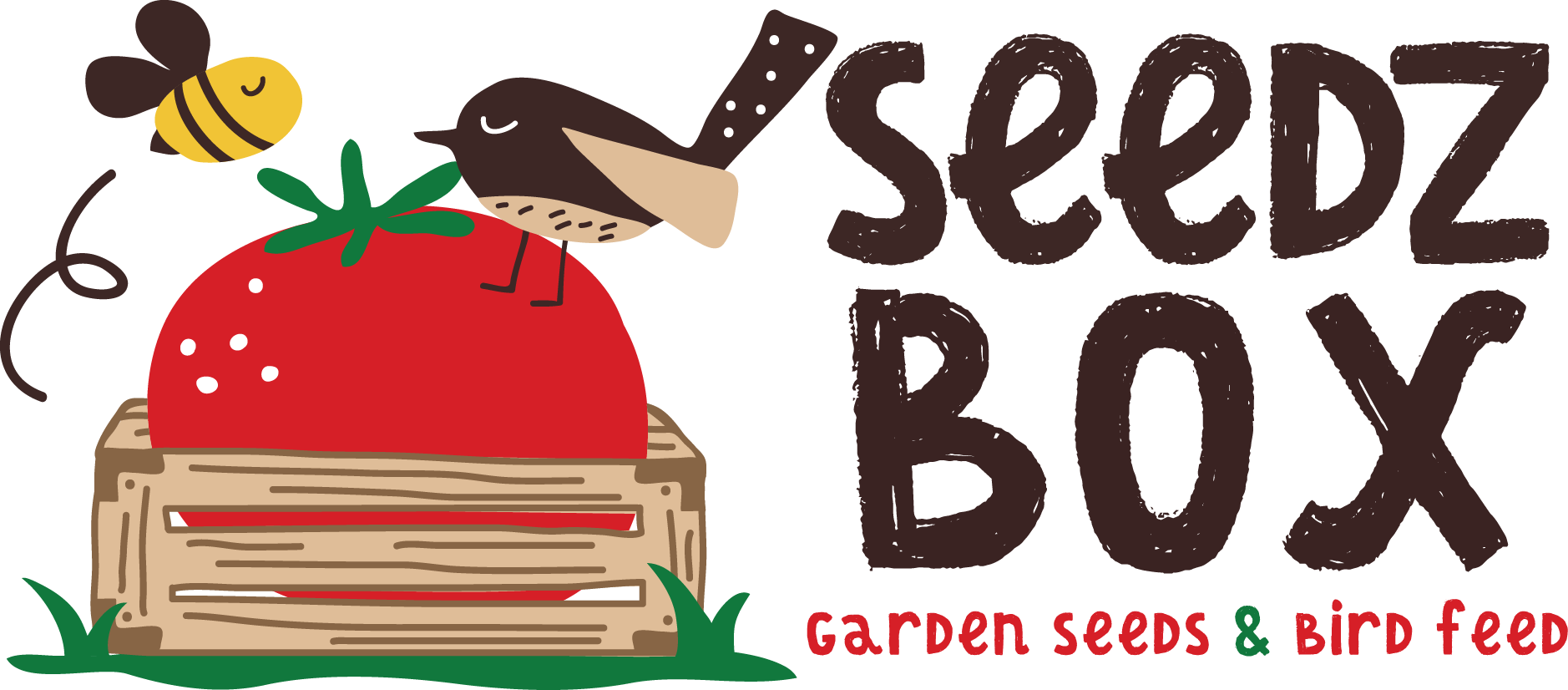
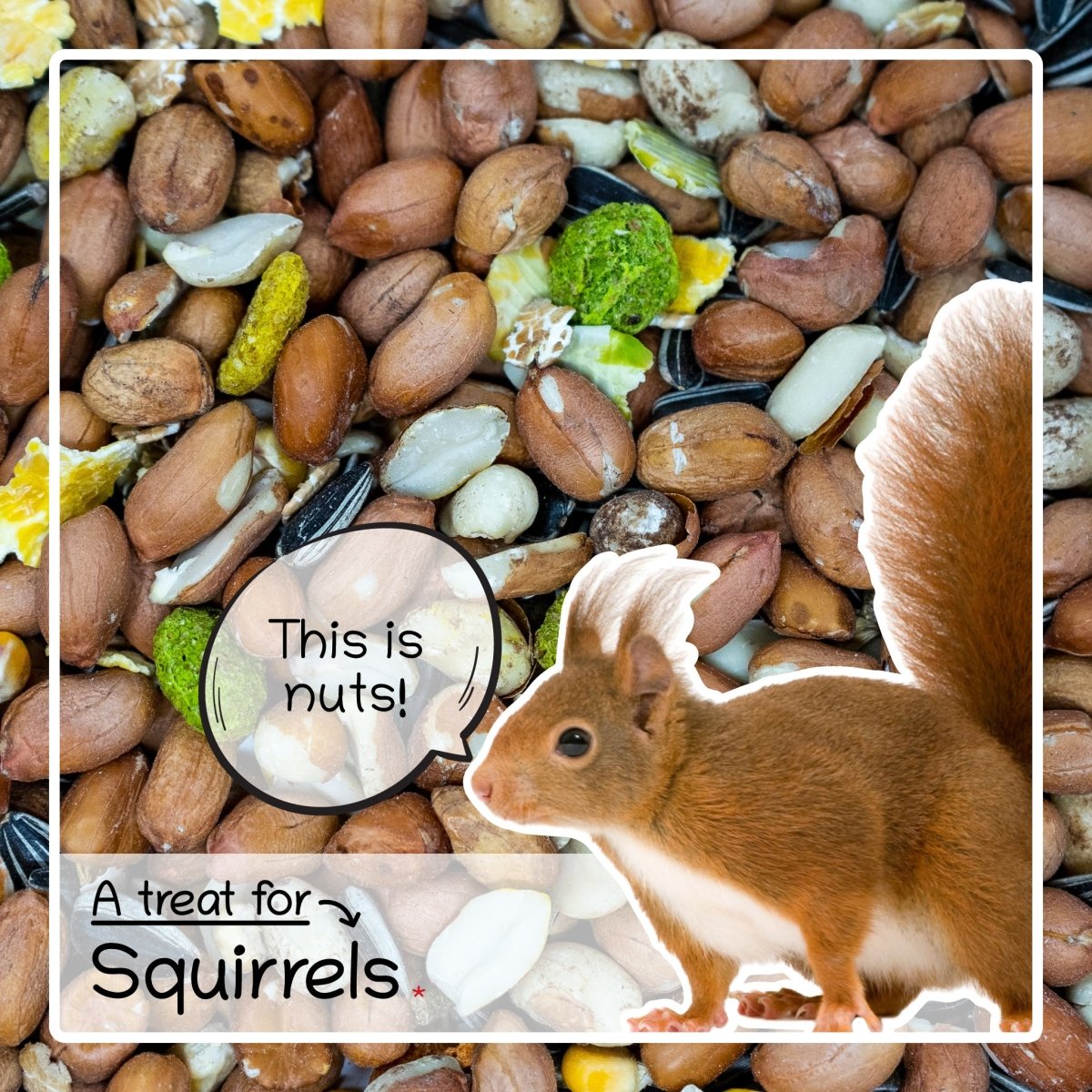
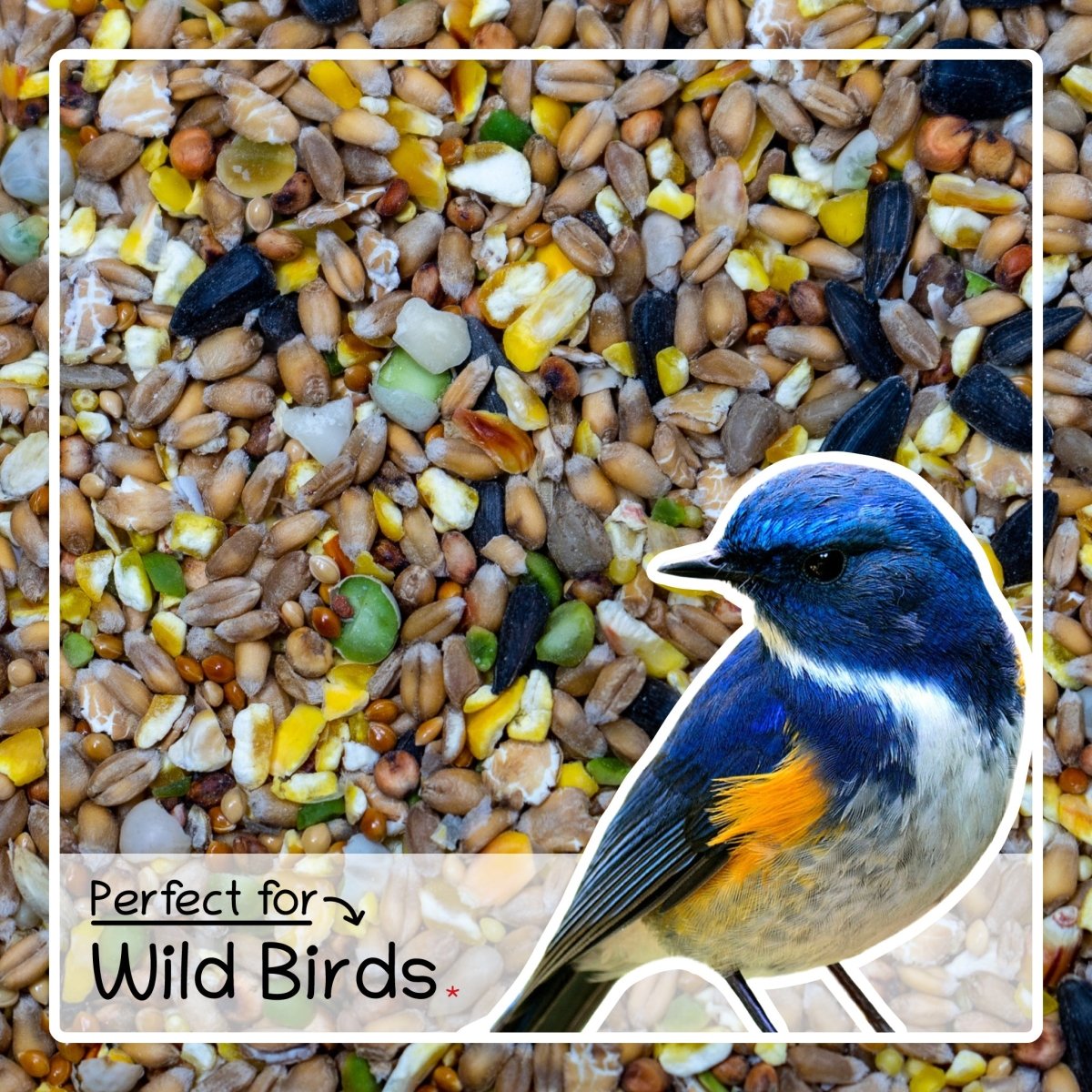
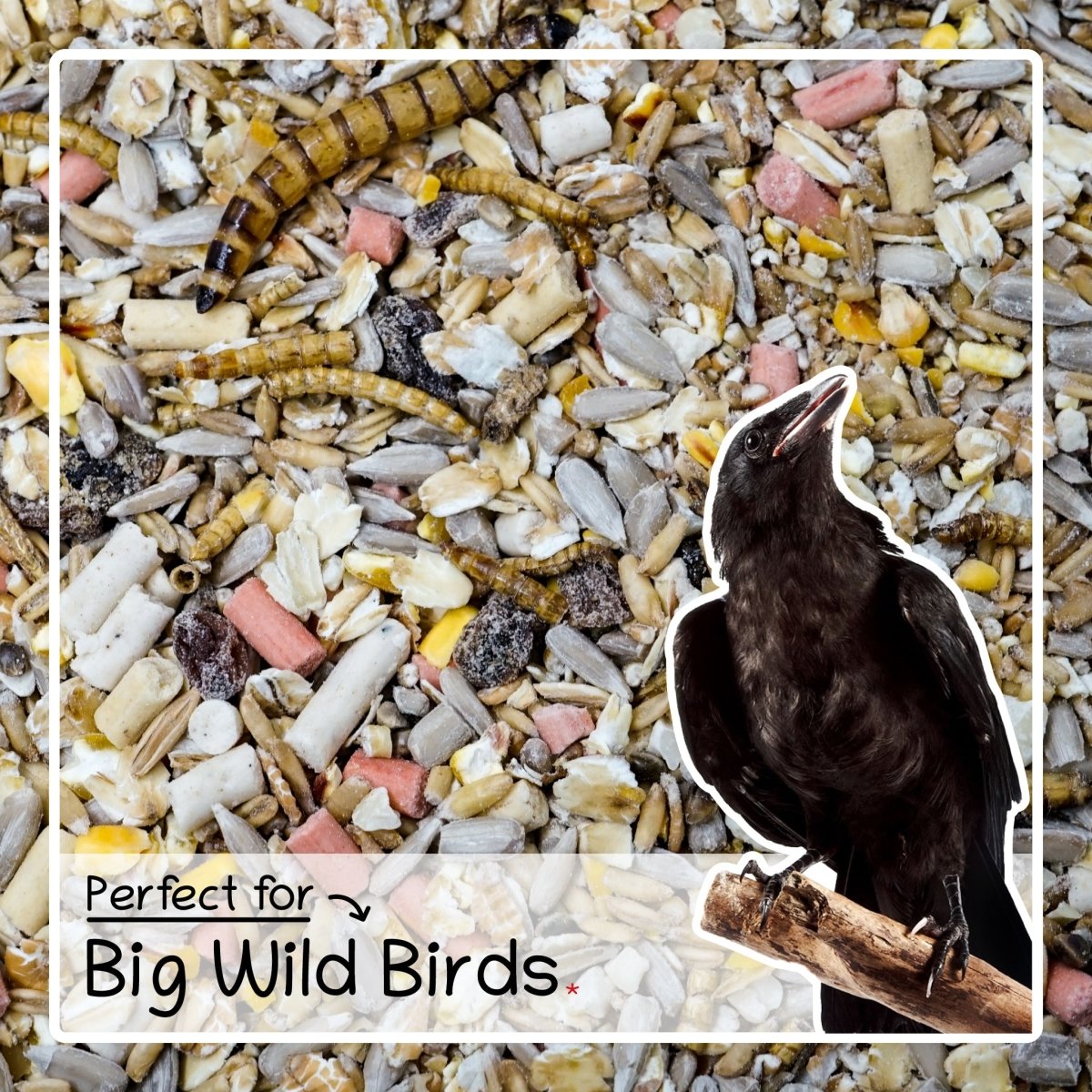
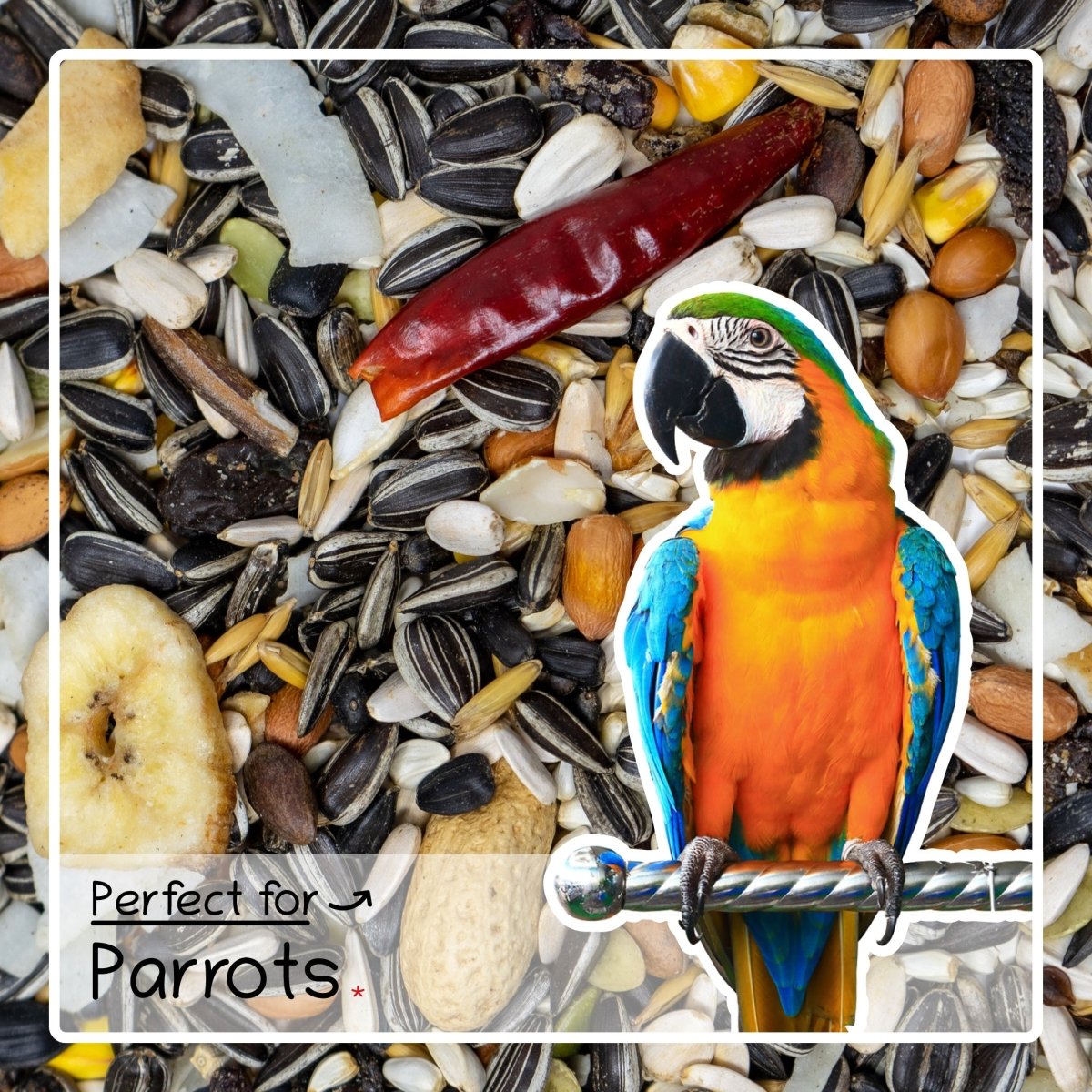
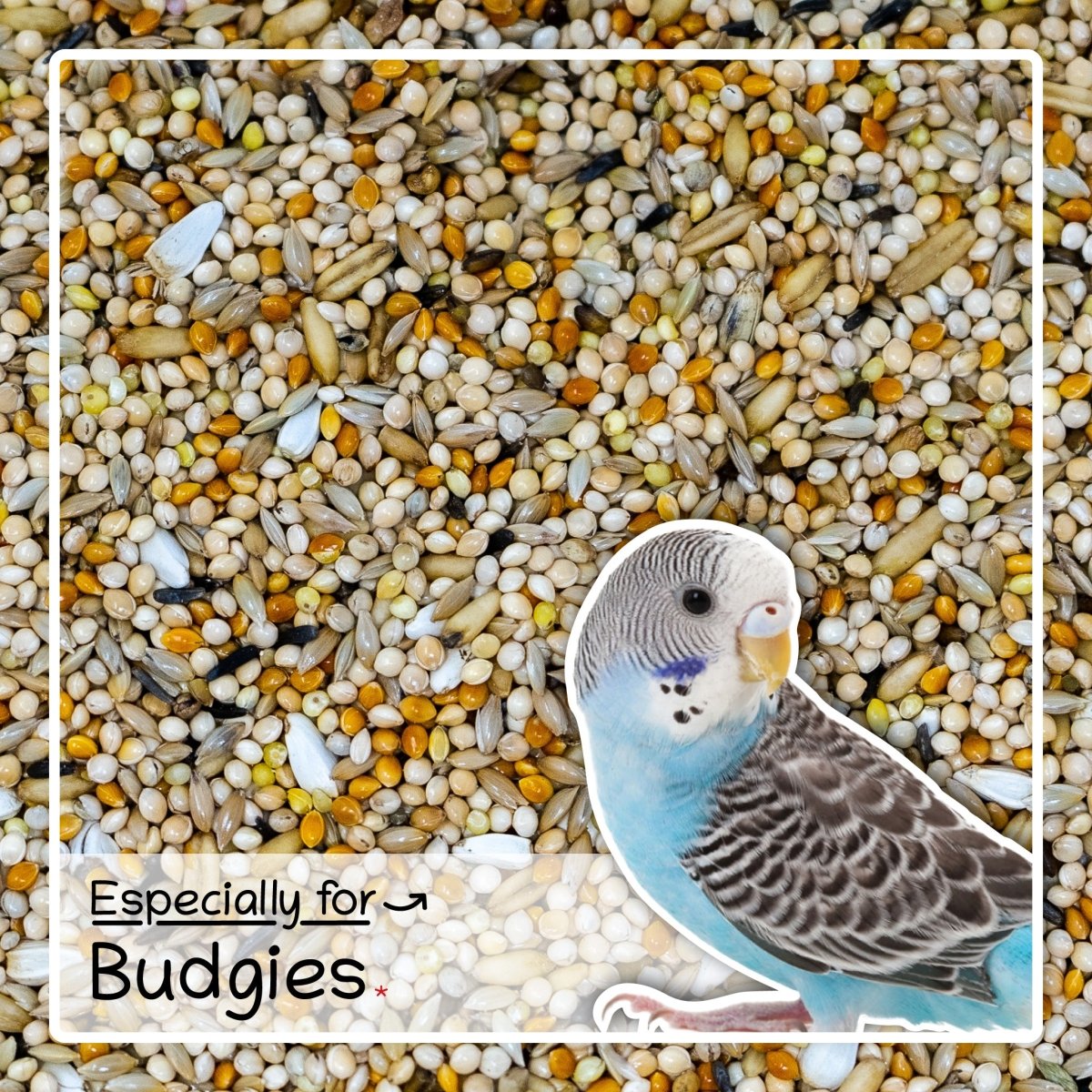
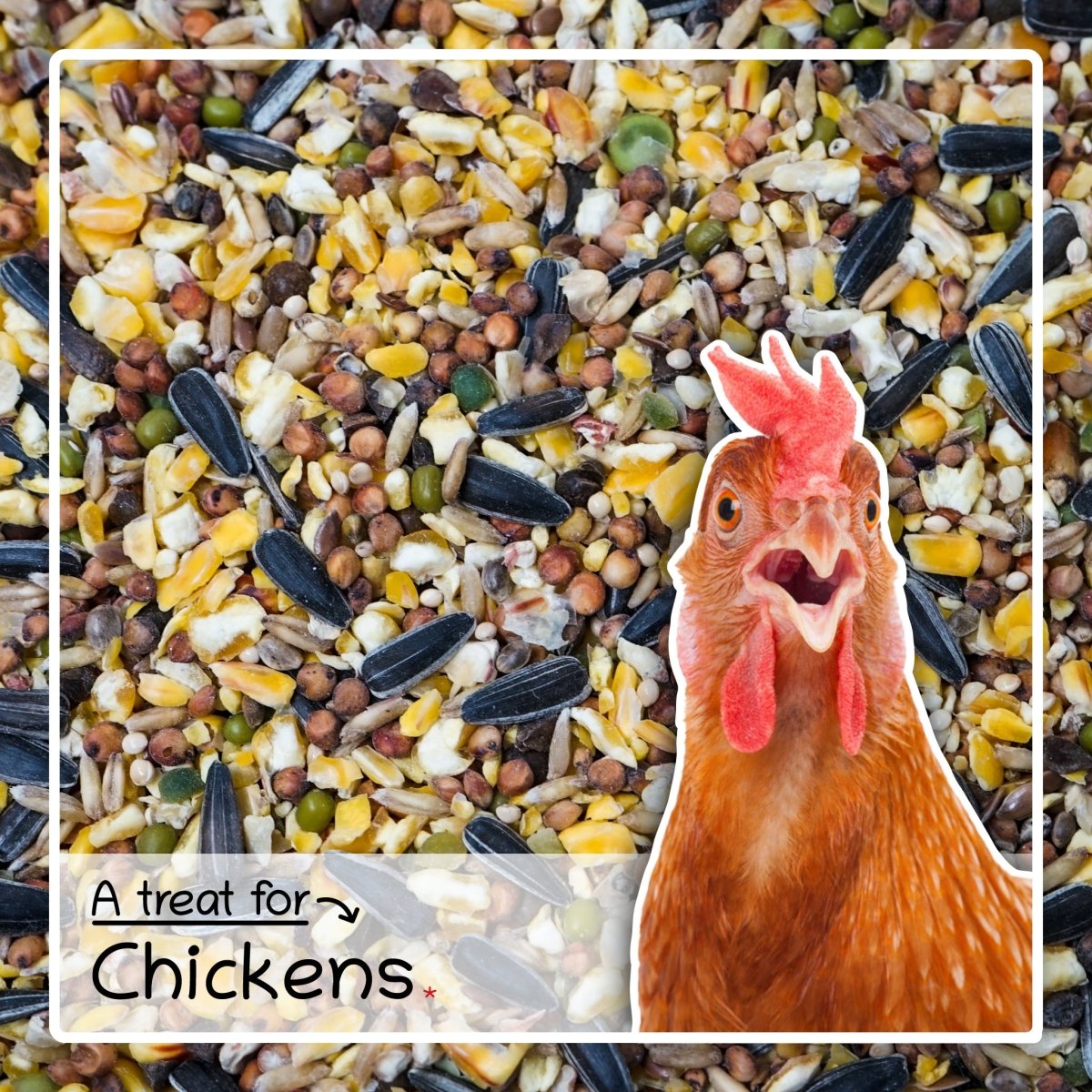
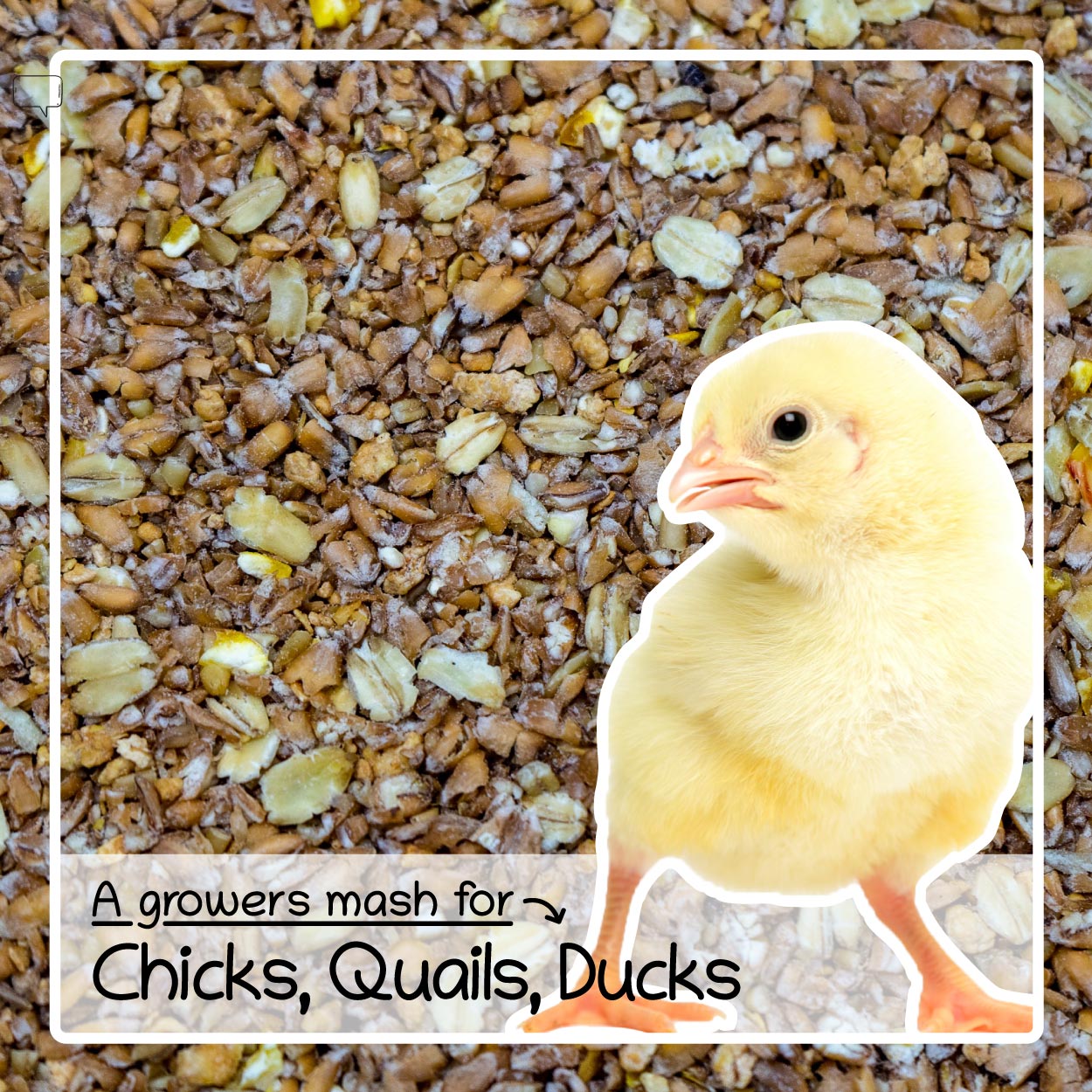
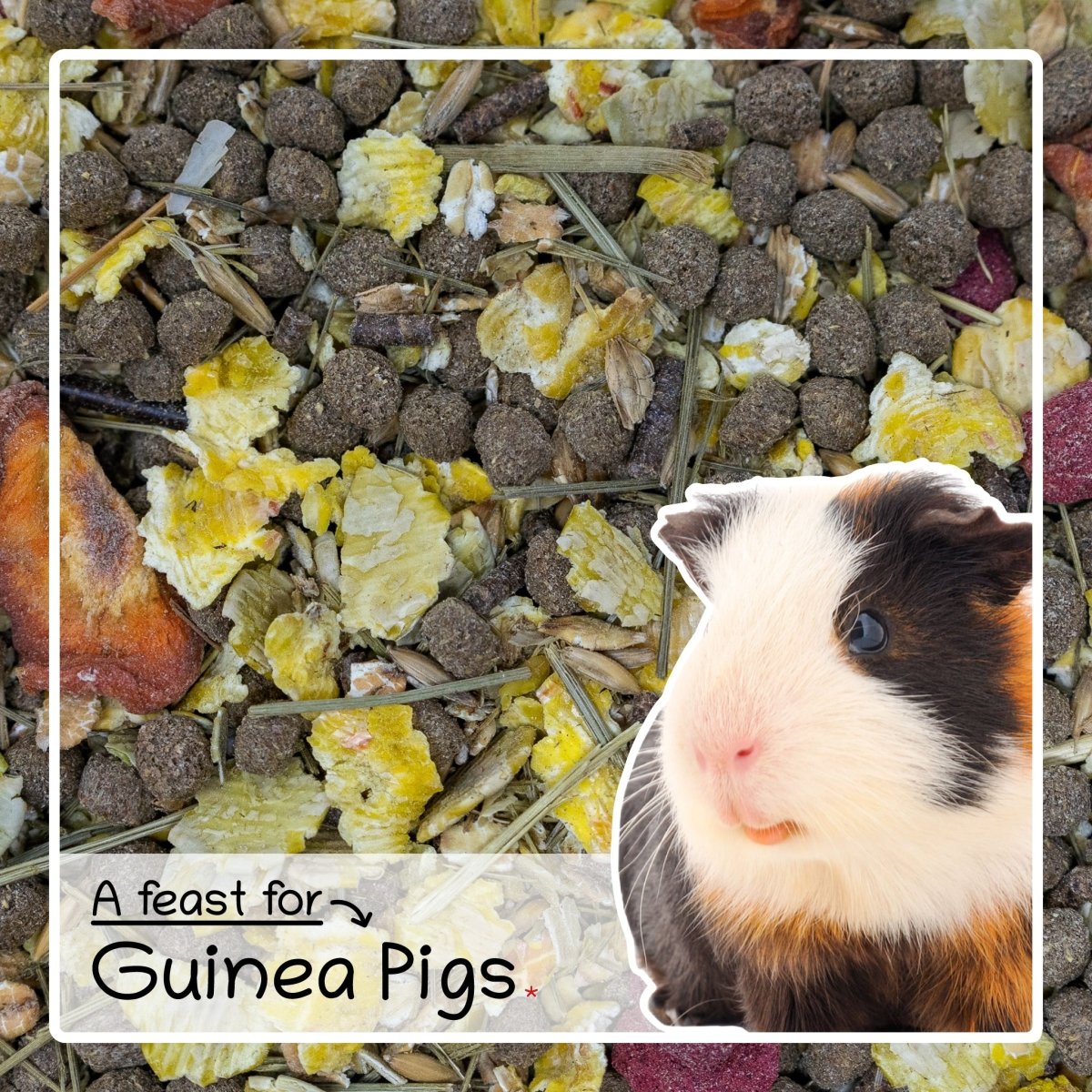
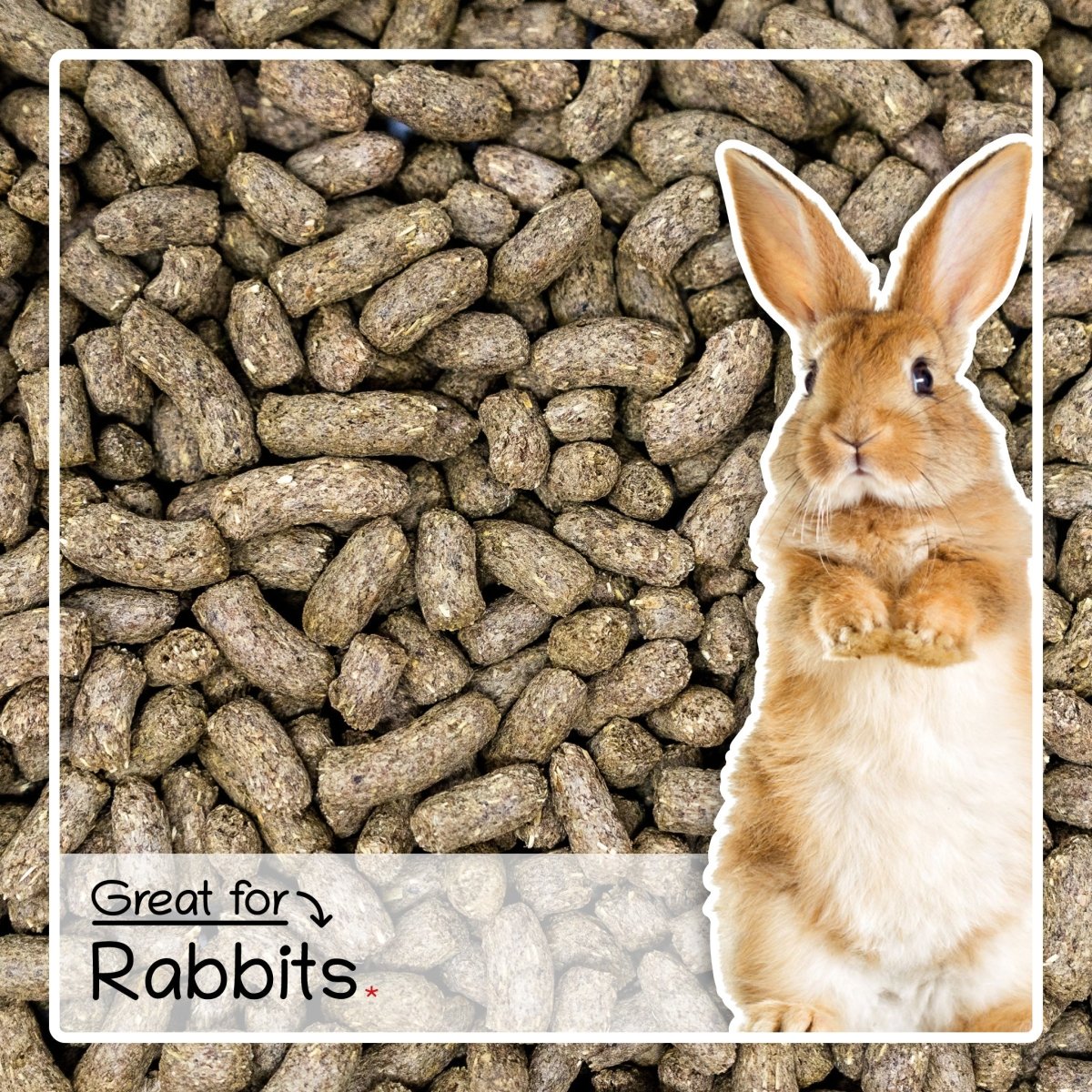
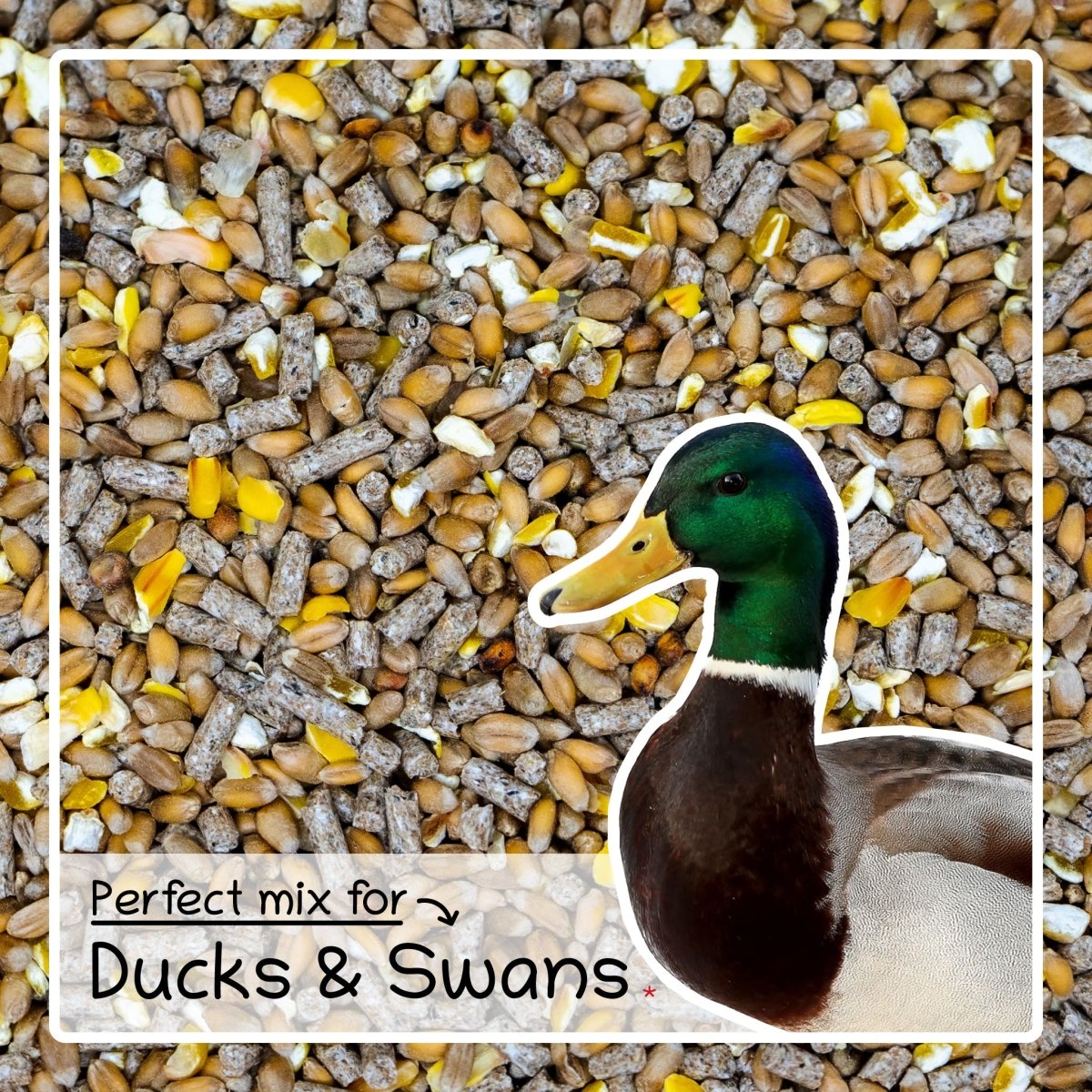
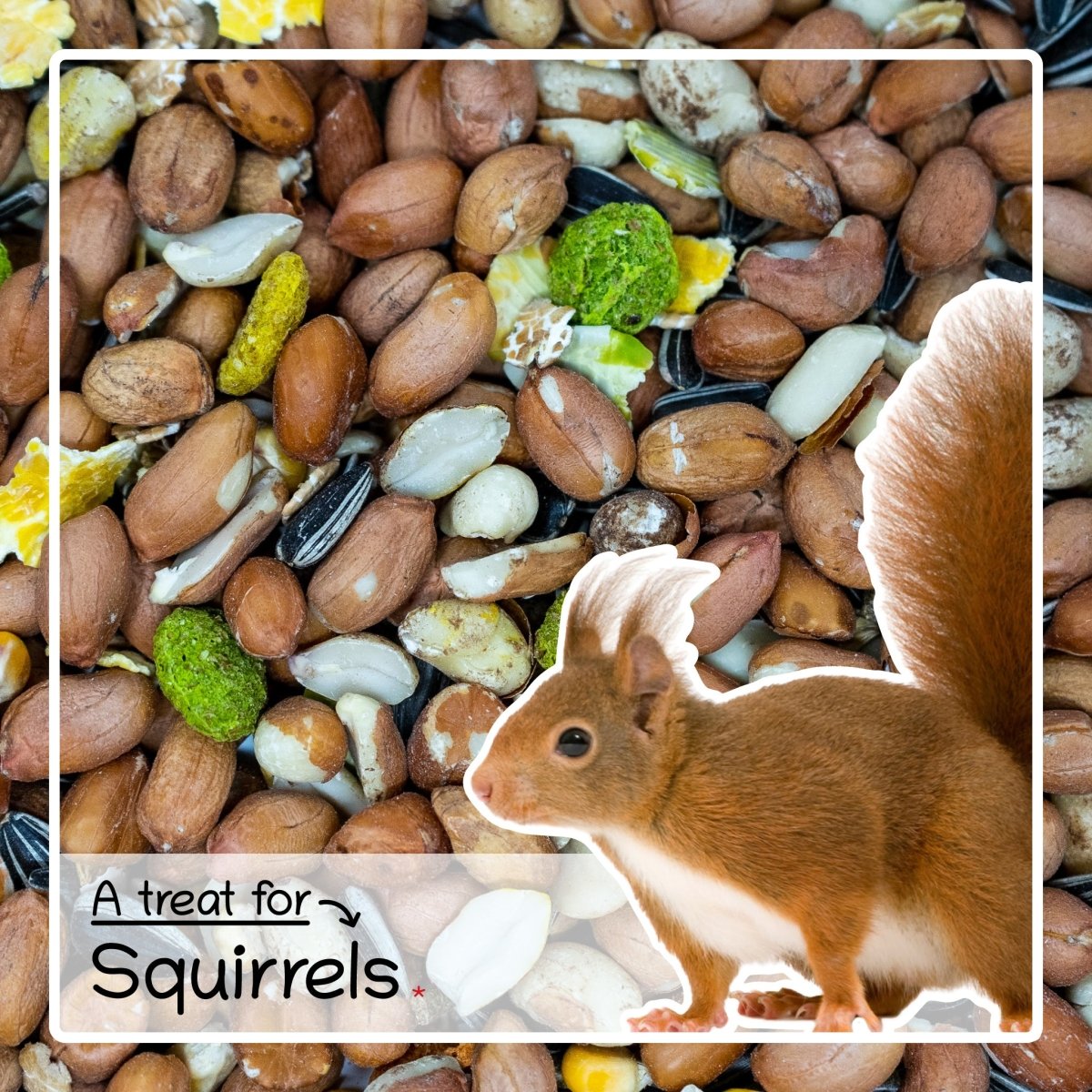


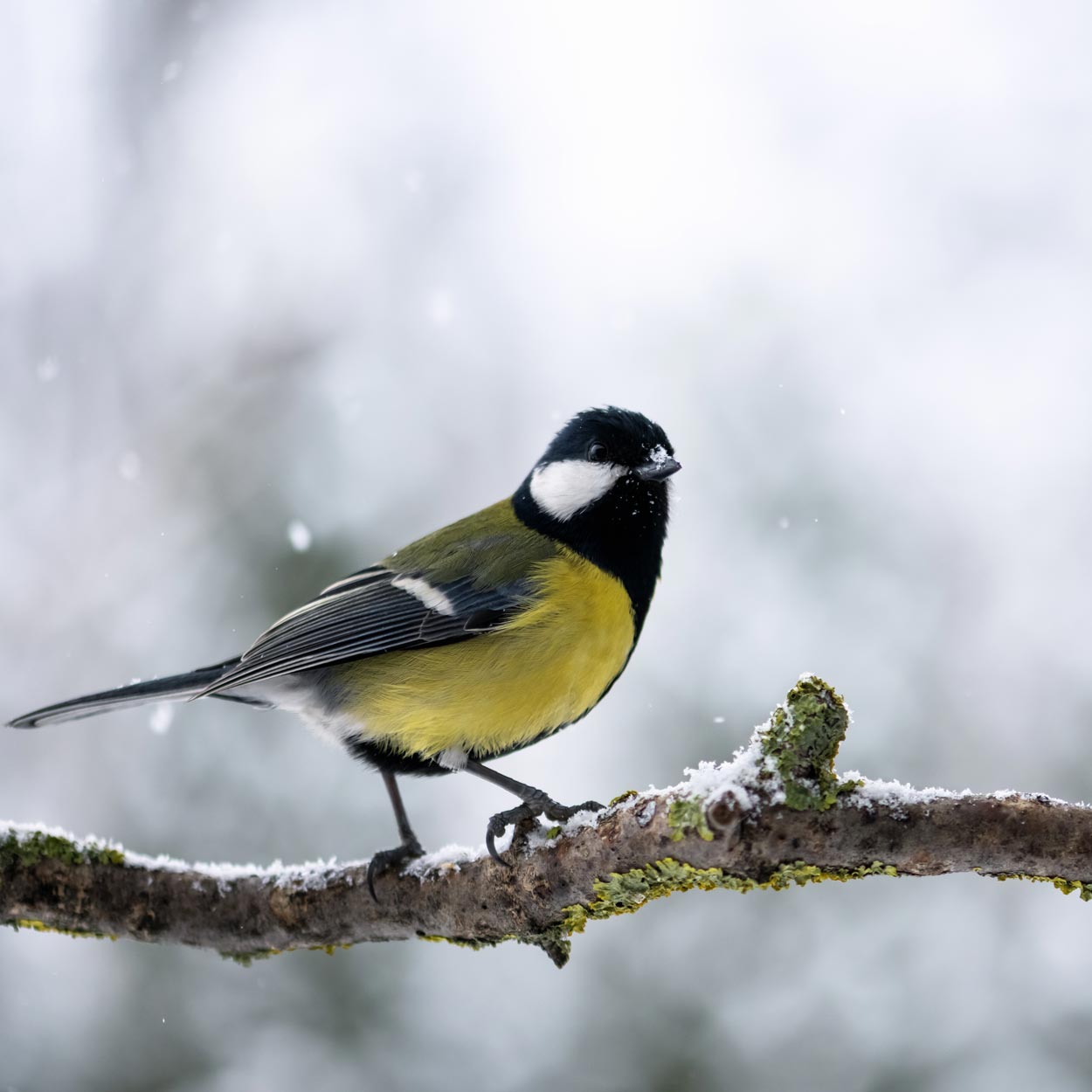
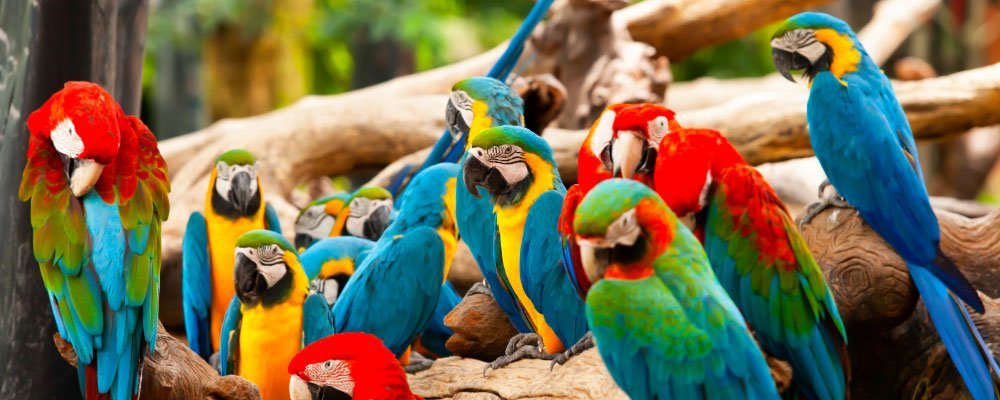
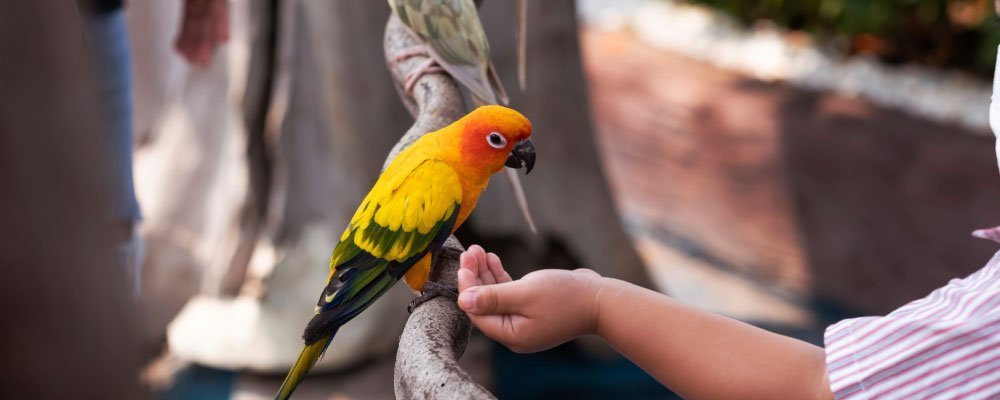
Leave a comment
This site is protected by hCaptcha and the hCaptcha Privacy Policy and Terms of Service apply.